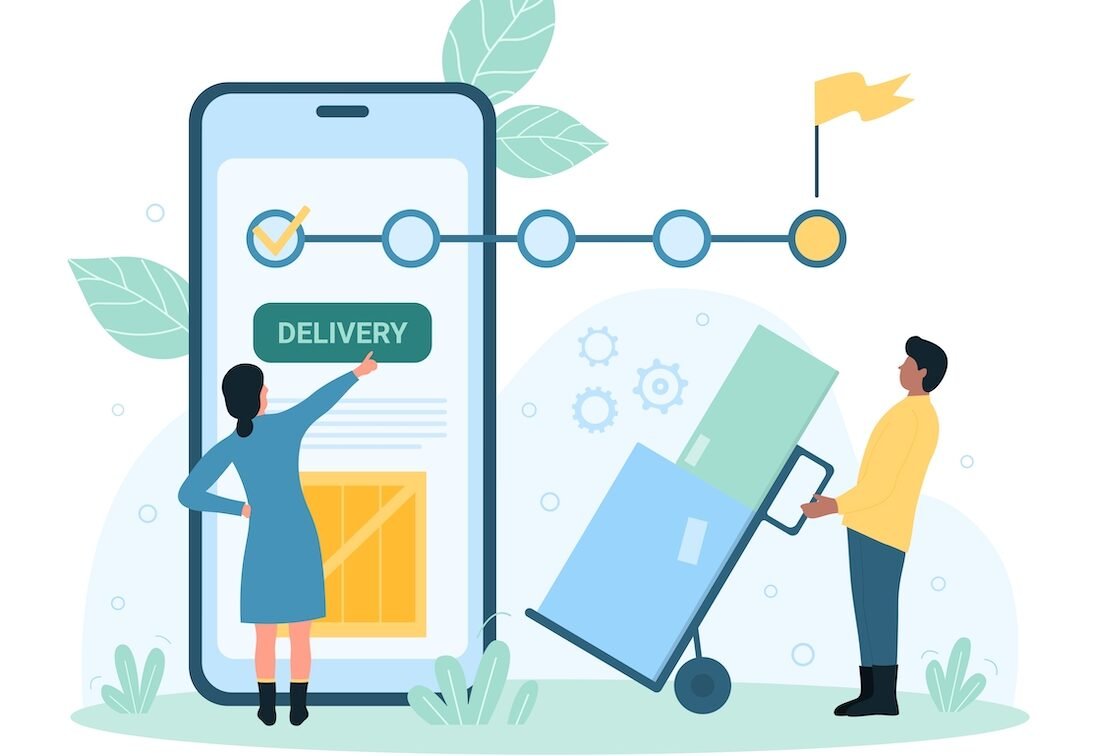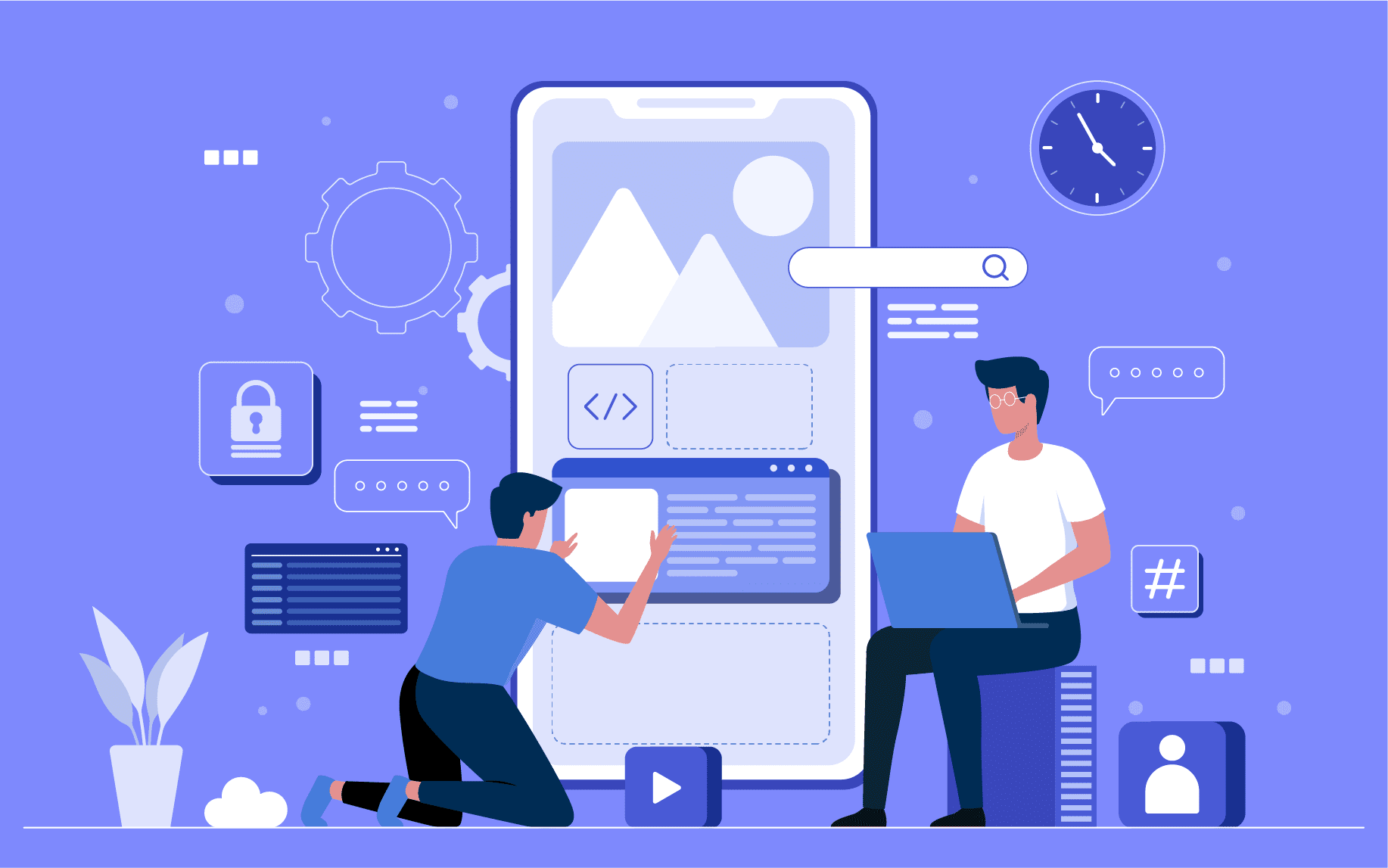At Element16 Media, we are privileged to work with a number of clients – from small businesses to non-league football clubs. Whilst we see a wide range of business concepts, app use cases and target demographics – one question we are constantly asked is “What do I need to know if I am developing a bespoke mobile app for the very first time?”
Firstly, note that whilst this may be a stressful time, the process should be an extremely enjoyable one, you have the ability as a client to bring your brand to user’s home screens – making it accessible at the touch of a button! So, here we have put together a useful guide of 5 things we think you should consider when developing your very first mobile app.
Number One: Cost
It is the question that is always at the forefront of clients’ minds when they are in a meeting with their app developers – how much will it all cost? Am I going to be broke by the end of this project? Do I have enough in the bank to see this through?
Whilst all of these questions may be very daunting, being upfront and honest about the financing of the project is an essential element in app design. It is no secret that mobile applications can be significantly more costly and complex to develop than a website, and are likely to cost more as a result, so it is worth considering whether your brand needs an app at this stage in its development.
What is the best way to fix this issue? Ideally, before the project has started, you should be able to have upfront and honest talks with your app developers about your financial situation and any problems that may arise. Alternatively, if the project has already started and the cost of the project is becoming ambiguous or unclear then dialogue should be opened with your developers into the current costing situation, and they should be able to provide you with sufficient invoices or details.
Some developers may offer a flexible pricing structure, for example, 25% upon project start, and 75% upon project completion. A pricing structure like this or similar has many benefits – it spreads the cost over a longer period of time to make it easier on business finances, it creates clear objectives and checkpoints within the project timeline and finally, it also provides an incentive for both parties to be engaged in the project. Why not ask your app developers if they offer any pricing plans such as these and potentially request if one could be implemented in your project?
At Element16 Media, we offer flexible pricing structures that ensure work for both parties, as well as honest and open talks with clients prior to project initiation to ensure any questions a client may have are answered to the best of our ability.
Number Two: Timelines
Timelines are a really important part of any project. The developers will need to plan your project around potentially many others, whilst you as a client may have an important deadline to meet for the launch of your mobile application.
It is essential that prior to the start of the project, any deadlines or requirements in terms of timings should be communicated clearly from either party. Likewise, your app developers should be able to give you a rough timescale for each development stage based on experience and the rough scale of the app in question.
Clearly, the overall time taken to build an app can vary – for example, the development of a mobile app could take anywhere between 2 weeks to 10 months depending on the size of the application, complexity of its functionality, APIs required, and many other factors.
If you need any more information about the breakdown of the timings or any more technical details, your app developers should be able to provide these to you upon request, and you can examine these yourself and decide whether the timeframes your given fit in with the ones you had in mind.
Number Three: Market Research
App development is a long and complex process – it is a lot harder to update an app than it is a website. For that reason, it is really important that you have the basic app details scoped out before you spring into developing the app itself.
We would recommend that before you even start the design process for an app, you should be able to able to comprehensively answer the following questions about your proposed business app and its functionality:
-
Who is the main target audience for this app (ages, genders, locations, occupations etc.)?
-
Why would someone benefit from using your app?
-
How is your app different from other existing apps that are already on the market today?
-
Apple or Android or both? And why?
-
How many people do you plan to use the app?
-
How do you plan to market this app to your target market?
Now, you may think that the last two questions take place after the app development process, which they do – but it is important to consider these aspects as they may impact on costs – so it is important to discuss these with your app developer.
Number Four: Monetising your app
Whilst this point is related to costs, it is really important to define how your app will make money (or if it’s free) prior to app development. Once the app has been launched to the app stores, it cannot be changed from free to paid or vice versa. However, there are a range of options to consider when choosing how to generate money off of your brand new mobile application. We will run through these briefly here:
-
Free download – there is no charge to download the app from the app stores
-
Paid download – the user is charged for downloading the app from the app stores – this may be a one-off or recurring payment, either may be set up.
-
Freemium – this is where the app is free to download to the stores but some of the content may be locked behind paywalls, where the user has the option to pay to unlock it.
-
In-app purchases – the user can pay to unlock certain features of an app – this may be a currency or power-up in a game, for example.
-
In-app ads – designated spaces in your app are set up in conjunction with an ad provider such as Google’s AdMob, this allows an income to be generated via a user making an “impression” on an advert (viewing it)
-
Sponsorship – this tends to only be available to apps which have a strong user base and a proven concept, but is essentially when companies will pay to advertise their logo or branding on your mobile application.
It is important to note that there are advantages and disadvantages to all of the methods listed here. Additionally, there is a chance that your app developers may not offer one or more of these, so it is important to discuss the options fully with them before planning part of a mobile application around these features.
Number Five: Developer Research
Last but certainly not least it is developer research. As you will have been able to see throughout this article, the developers for your project will dictate the project’s success, cost, timeframes, monetisation options and so much more.
For that reason, it is absolutely essential that you do your research before deciding on a developer for your mobile application. Make sure to have open discussions with them and ask any questions you may have regarding any of the points mentioned here (or others) to make sure that you are 100% satisfied with the service you will be paying for before you sign on.
If you do feel like you need any advice, or would simply like a comparison of what is out there in terms of the options when it comes to mobile app development, why not take a free meeting with Element16 Media? We would be more than happy to answer any questions you may have regarding any aspect of the app development process, or simply to provide advice on your current developer situation. Book your free meeting today
Conclusion
We hope this article has been useful in terms of giving you an idea of some of the considerations that need to be made when setting off on your app-building ventures. It should be an exciting time, and although it may be stressful in places, there is most certainly light at the end of the tunnel.
Feel free to contact Element16 Media for any app-building needs – we pride ourselves on being able to offer you a market-beating price on bespoke mobile applications and our development times are kept to an absolute minimum. So, if you need a starting place – you know where we are – book a free meeting today!
Good luck!




